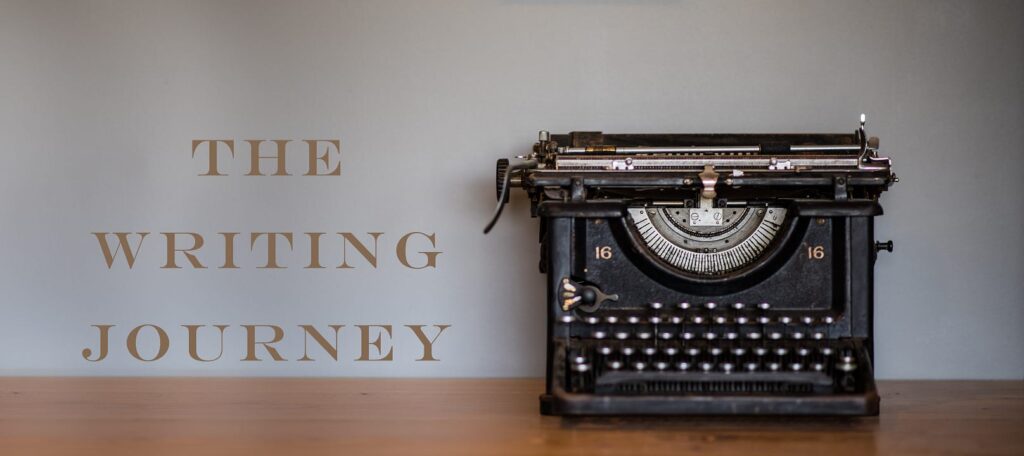
My first post-school exposure to writing came when I needed to teach my children. I home-schooled my son and daughter for two years because familiar problems for them cropped up. My son had reading issues from his need to hide much of what he could do, confusing his teachers. My daughter, a top student in her district, was bored. So, I did my best to teach them to a point where they could get into high school and perform well enough for college in science classes and labs. My son could just be himself and soared through his work. My daughter enjoyed dipping into many subjects, including some high school-level ones. We all learned how electrons were loaded onto their shells in atoms, something I had shut out when it seemed it would be too complicated. It wasn’t; it was surprisingly easy.
English composition, of course, came up. I wanted both of my children to enjoy this, so I opted for our supervisory teacher to come in and teach a composition writing class, which this teacher excelled in. I knew how to write more extended reports but not the guidelines for these beginning essays. My children were to take a subject and write a five-paragraph essay. Well, that fell apart. The teacher tried to suggest to my daughter – what if your mother bought you a horse… She heard nothing else. The excitement of getting her own horse made it impossible for her to understand the idea of using your imagination to lay out some prose. This experience, however, was a revelation of how children process and something about the protocols of these types of essays.
I started many stories from then on but still needed to finish many of them. There was always a part I couldn’t get. I knew where it began and ended, but I struggled with a connecting passage from what I had imagined that worked for me. It was easy to do the common ideas or tropes of how people act, but that makes a boring story; you should be surprised, not be able to anticipate, at least not much. So these stories sat on my computer for a long time. Finally, my own family moved to Tucson in 2004, and I started to do something about it.
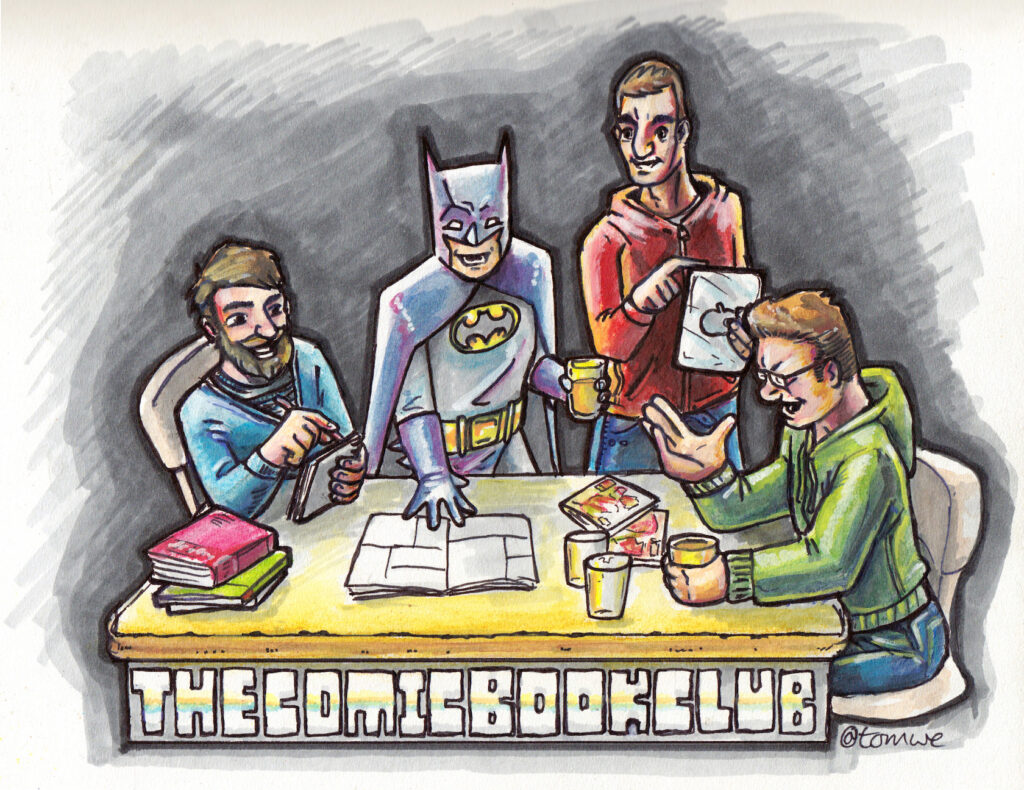
My first step was joining meetups (groups formed on the internet where you meet and discuss your interests over coffee). My first meetup introduced me to my first mentor, and I started a website through his recommendation. It would be a way to keep writing and have a bit of a deadline. I had to learn all the processes and quirks of my website independently. I got wisdom from each of those steps and have emerged reasonably competent. Unfortunately, everyone has a different opinion on how to chart a course through writing, and those opinions are often contradictory.
I jumped around meetups and got some golden moments from each one. I even joined a book club at the local library, meeting some people interested in my passion- science fiction. This is a funny genre. It is trendy in books and movies, but people consider it odd even today if you say you write it. I saw how my father was treated over it and thought those reactions strange and cruel. After all, he was into science, being an engineer, but reading science fiction, oh no! That was not for a grown man.
At first, I was too busy with setting up my website. Much of my effort was on everything but the writing. I don’t remember too much, but I don’t think the stories were more than short, concise prose, not anything like the novel I craved to write.
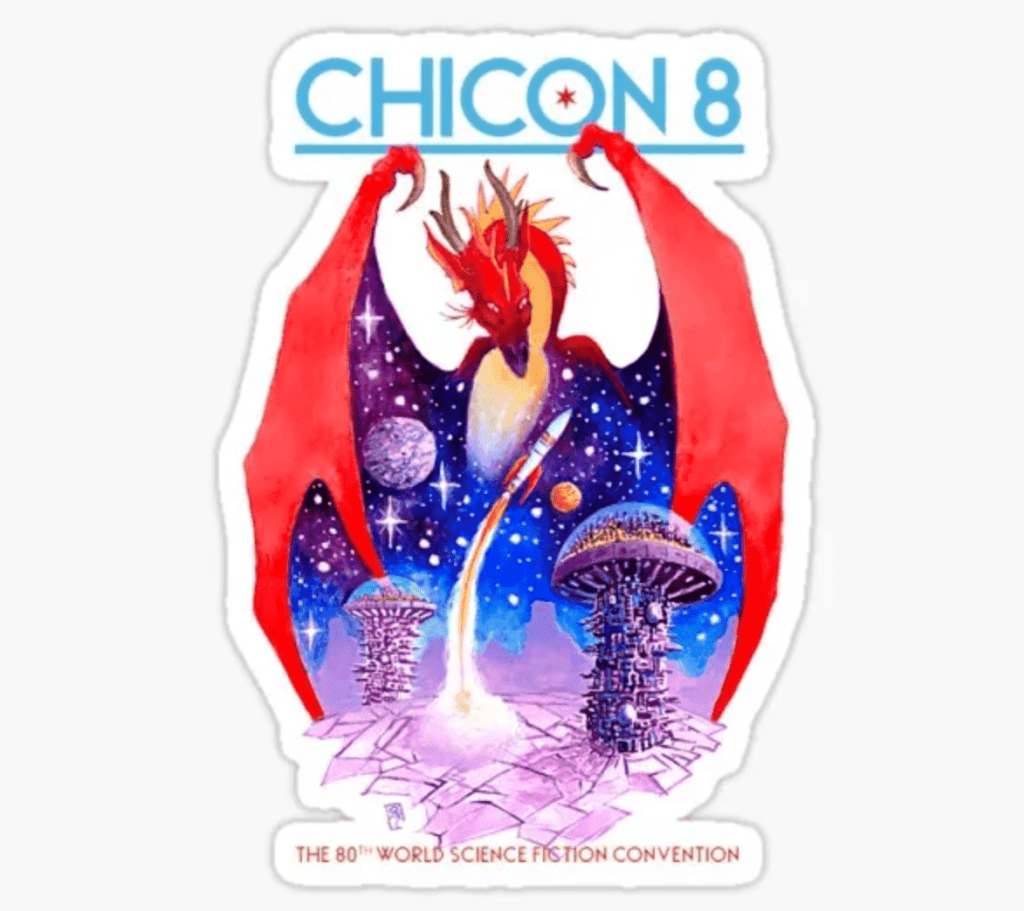
During this time, I also went to SciFi Conventions—first, our local one, and then some World Science Fiction Conventions. During one of the Worldcons, I signed up for a group where you brought in a piece to be critiqued by two Hugo award winners. Sitting and listening to people who had accomplished my goal was a thrilling experience. Their insights and feedback were invaluable, and I was filled with excitement at the prospect of learning from such experienced writers.
For the first session, I wrote a short story based on “What I Knew,” which is the general advice for writing. This story (Travels with Walter) I submitted for the group was scifi, and I don’t mean I have experience with aliens, but the background was about a woman who cares for an elderly man as an aide. It was a story about my father, who now needed an aide. A role that I had taken on. The leader thought it was good and wished he had thought of it. That was a big ego booster.
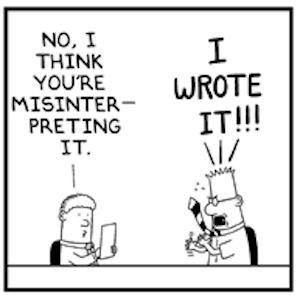
Illustration 4 Dealing with strange criticism
Ego boosters don’t always happen when the lowly meets the anointed. A subsequent session in another year led me to two leaders. Hugo Award winner #1, who pouted and told me she didn’t like my character’s name in my newly submitted story (Independent Trader). The main character’s name was chosen because it was short and easy to remember but different, not typical, or widespread among humans. The character’s name was Arda. Unfortunately, my Hugo Award Winner wrote Fantasy, not SciFi, and I think that was the disconnect. Nothing was constructive in her criticisms; it was not the only time I bristled at a critique.
I took my earlier story, Travels with Walter, to a new meetup, and the organizer (who had a PhD in writing) advised me to stop editing. You can go into infinity editing (and researching) because a novice writer needs to gain the experience to know when to stop. It was time to submit, my leader said. I did (thank goodness for the internet). I submitted it over 200 times. It was a daunting task, but I persevered. Finally, someone took it, and I received a whopping $20, but I did it! This experience taught me the value of persistence in achieving your goals one at a time. I finished a story, and I got it sold.
My next endeavor was a short story called Leaving Home that started at my favorite restaurant. I go there as a treat for working out, or maybe it’s a way to bribe me to exercise? Anyway, it’s a place to relax on the patio and read. I asked if I could use the restaurant’s name and some of the names of the staff to help make the story more authentic. Initially, I got the green light, but the chain of restaurants had been sold by the time I was ready to go, and the new owners wanted to review the idea again. After much discussion, they wanted to avoid using the restaurant’s name. This was a significant setback, as the restaurant was a key element in my story. However, I could adapt, and the crew was amiable. I got ten names to use. Whoops, that was tough; there were so many characters to juggle and keep track of, something to think more about if it arises again.

Illustration 5 Learning to Use Quiet and Patience
Concentration turned out to be key in my writing process. You think that might be obvious, but isn’t the inspiration supposed to spill out? I’ve been crafting this story, Leaving Home, splitting the original story into two chapters, and writing a monthly chapter. I inserted all the server’s names into these initial chapters and continued to involve them as I went forward with the story. Initially, I aimed for ten chapters, but chapter 9 turned out to be too packed, and now it looks like 12 chapters. I’ve created countless charts and lists to keep track of my characters and their story arc, as well as each concept I decide on and where it fits. I even added a new server to be a stowaway and an original one to be a traitor who escapes and gets attacked by two bug aliens. These two ideas were something that I hesitated to do because of who the names came from. They didn’t mind, though. I do think it is essential to ask in this type of circumstance.
It’s been an enjoyable yet challenging journey. I’ve finally figured out how to connect the beginning and the end; I have to wade in and concentrate. Yeah, I turned away when these middle parts didn’t come through. It’s all part of the intimidating process, but you never know until you try. I have found that if I get stuck, I need to get very still and let the solutions come to me, but until you exercise patience, the answers will fight you.
The next thing I had to get used to was using a grammar checker, and I have slowly progressed on that project. There are many free grammar programs (at least to start). There is also, of course, your word processing program. As far as I know, these programs only give you basic spelling correction, and you have to click the right place on the toolbar to access it, though sometimes the program will underline a misspelled word. It is wise to pay attention to these corrections and the grammar ideas. If they see poor grammar, editors throw the submission into the wastebasket.
For a fee, grammar programs are now offering AI that can offer suggestions to emphasize a point, prompt you to explain passages, and rearrange a paragraph. In addition, there can be a plagiarism check. If you write more academic pieces, this can be very helpful.
However, be aware you can hit the dismiss button. I find writing science fiction concepts to be, at times, beyond AI, so don’t assume it is correct, especially in these different genres or even in gleaning what ideas you are writing. I had a character I called “It.” None of the humans knew if Zior was a male or female. This was an awkward problem, but Zior didn’t seem to mind. This idea confused my AI, and I kept trying to correct those passages. The suggestions can produce some flowery passages that are really not my style. I find it helpful to understand the problem the program is noticing, which is the real help.
I have quite a few eyeballs looking this story over. Unfortunately, my restaurant staff doesn’t critique, and I don’t think it would be proper to ask, but I have gotten some thumbs up and offers to buy. It still needs to be finished, so I am unsure why I got that last request. Didn’t they know I was struggling through this? Hmm… interesting.
The insights and guidance from knowledgeable sources are invaluable in improving your writing. It’s a challenging task to find people who are interested in your genre and your work. I once interviewed an author who wrote a series of supernatural thrillers involving eleven Native American tribes and the twelfth, the white man tribe. This author owned a bookstore with a friendly clientele, including many Native Americans. He asked for help with the details and general critique. They were more than willing to assist. Having experts at your disposal is a great advantage. I lucked out when a physicist joined my meetup, and I was able to straighten out my idea of how to travel through the galaxy quickly.
The number of critiquing eyeballs has shrunk. My neighbor used to work with me and critique pretty well, but she’s moved to Colorado. Uggh! I was at a library meetup where the leader would take submissions (for a fee) to edit, but she wanted to do only the editing for me in my initial few chapters. I don’t know why. Perhaps I depended on her too much, and it was time to make these decisions myself. I think she was right. With the grammar checker AI, I can now use it as somewhat of a substitute.
As I near the completion of my second novel, I am faced with crafting a compelling climax. I want it to be a gripping battle scene, a new and exciting territory for me, though another new skill to tackle. Thankfully, I love battle scenes and have high hopes of pulling it off.
When I finish this novel, I will delve into the book formatting process, a crucial step in bringing my work to life. The gap between my first and second books means I must relearn the process. Once this is done, I will proudly distribute the book to my crew.
Looking ahead, I have three key goals.
- First, I aim to delve into the world of marketing.
- Second, I am on a quest to find beta readers who are willing to read my work and engage in meaningful discussions about it.
- Last, I am committed to enhancing my website and all its associated elements.
Writing is wonderful. Don’t ever let anyone make you think otherwise. It is hard, though. I think that makes it even sweeter when you accomplish each step.
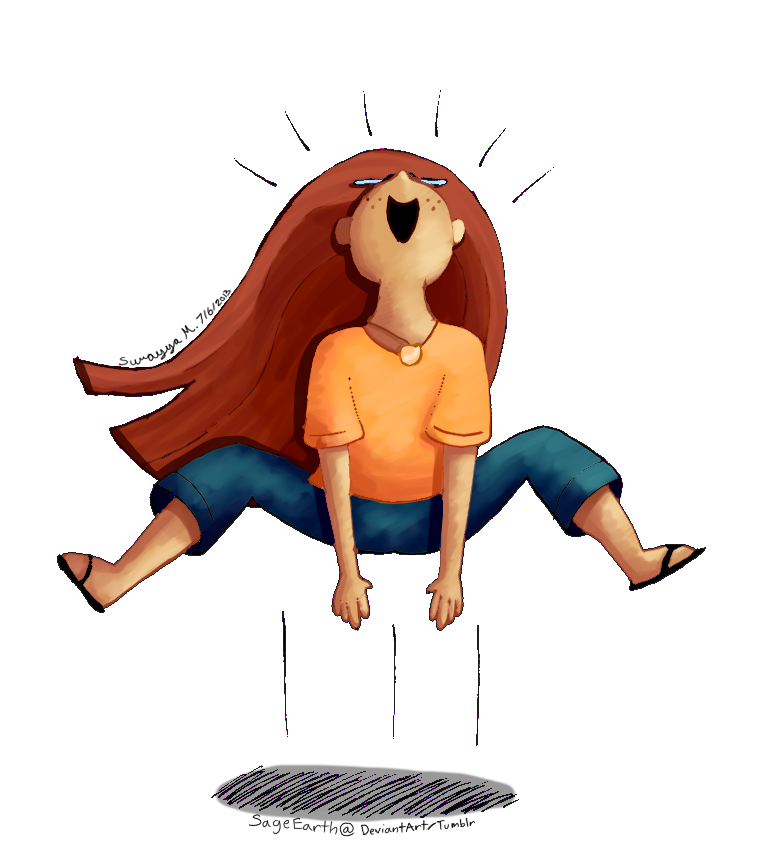
The End
©JMStrasser January 2024 All Rights Reserved
Images
1. https://cdn-images-1.medium.com/v2/resize:fit:1616/1*L0DaaEPaCZCffZig6oxwBg@2x.jpeg
2. https://www.thecomicbookclub.co.uk/images/DCBC-colour.jpg
5. https://www.makemebetter.net/wp-content/uploads/2022/09/main-11.jpg